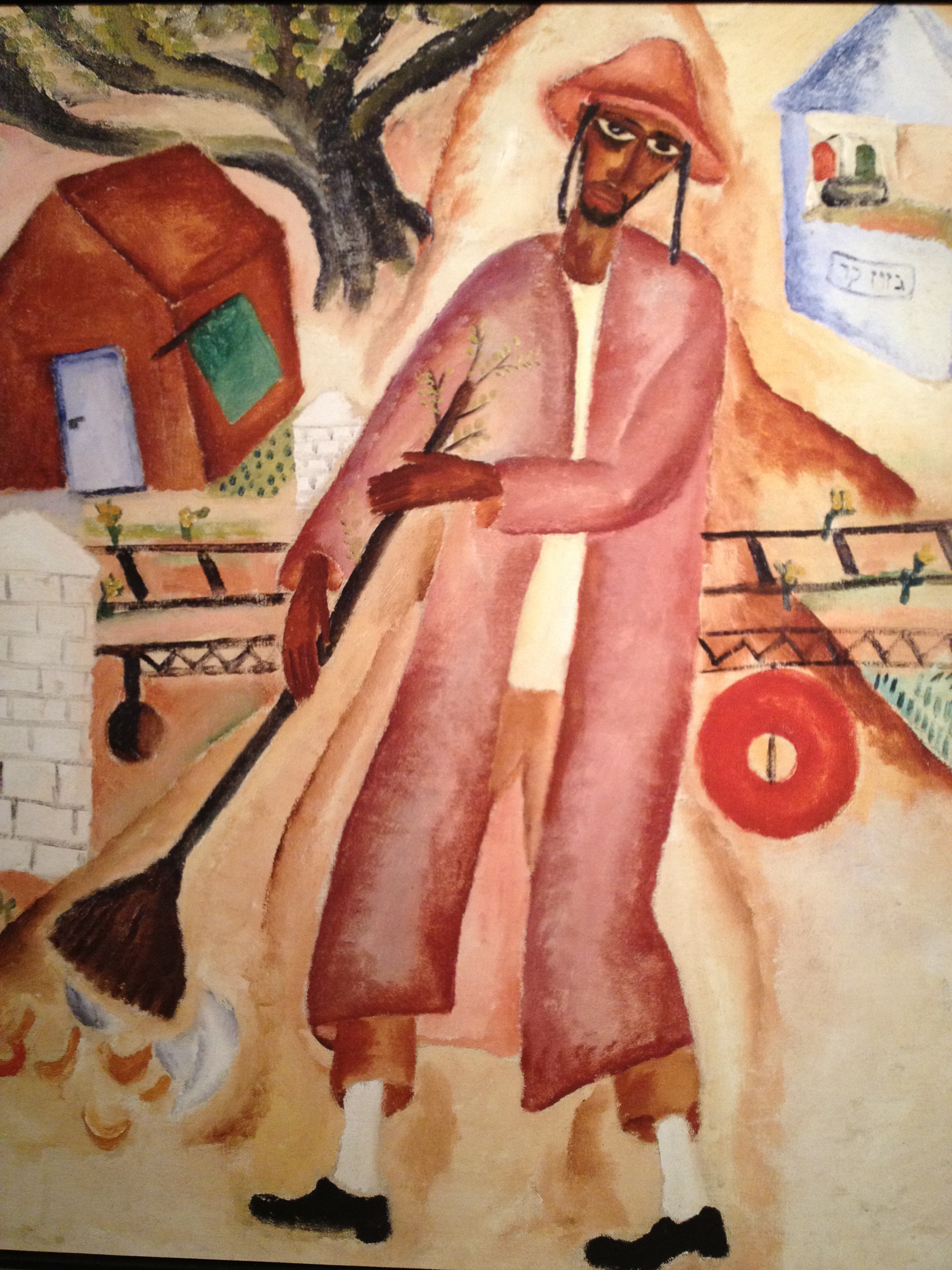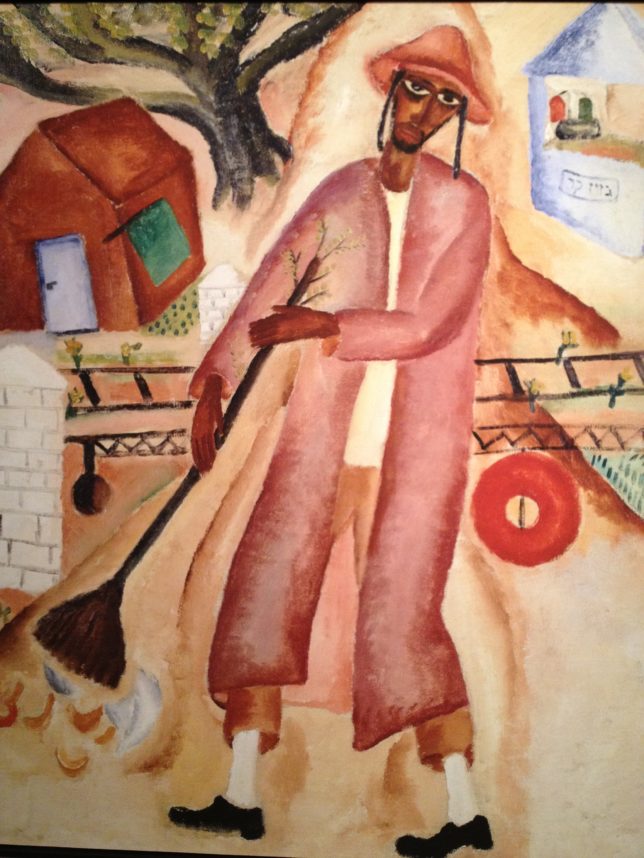

At this season we Jews ask ourselves the most basic of questions:
Where am I? What’s the state of my inner life, my relationships with the people I love, with Judaism and tradition, and with God? How through habit and a lack of will have I strayed from a healthy, integrated, loving, and generous life?
The Torah this week (Parashat Nitzavim) reminds us that “This mitzvah that I command you this day is not too hard for you, nor too remote…” (Deuteronomy 30:11)
A wonderful Midrash from Yemen shines a light on what is common to everyone:
“They say to a person: ‘Go to a certain town and learn Torah there.’ But the person answers: ‘I am afraid of the lions that I will encounter on the way.’
So they say: ‘You can go and learn in another town that is closer.’ But the person replies: ‘I am afraid of the thieves.’
So they suggest: ‘There is a sage in your own city. God and learn from him.’
But the person replies: ‘What if I find the door locked, and I have to return to where I am?’
So they say: ‘There is a teacher sitting and teaching right here in the chair next to you.’ But the person replies: ‘You know what? What I really want to do is go back to sleep!’ That is what Scripture refers to when it says in Proverbs 26:14: ‘The door is turning upon its hinges, and the lazy is still upon his bed.’” -Yalkut Midreshei Teiman
Do we recognize ourselves in this Midrash? Though the mitzvah refers to learning Torah its application is far broader. The protagonist lists one hundred and one ways why he can’t learn or find a teacher, mentor or guide to help him grow and change.
Are we not like the Jew in the story?
Like him, so often we just don’t want to get out of bed nor confront our shortcomings, inadequacies, and failures of will.
Like the Jew in the story, so often we’re accustomed to doing things the way we always have done them, even if they’re dysfunctional and self-destructive, and even if they’re the source and cause of our alienation from others and unhappy relationships.
Like the Jew in the story, so often we find reasons to avoid change.
Like the Jew in the story, so often we’re stubborn. Though there’s comfort in routine, a routine may keep us stuck in the past when we should be living our lives forward.
As Chassidic wisdom teaches, if you want to go east but are going west, all you have to do is turn around and take that first step.
This is the season of turning, and though changing direction may require an extreme act of will before taking that first step, once we do it, the second step is easier to take and the third easier still.
Shabbat Shalom.
Painting by Reuben Reubens






















 More news and opinions than at a Shabbat dinner, right in your inbox.
More news and opinions than at a Shabbat dinner, right in your inbox.